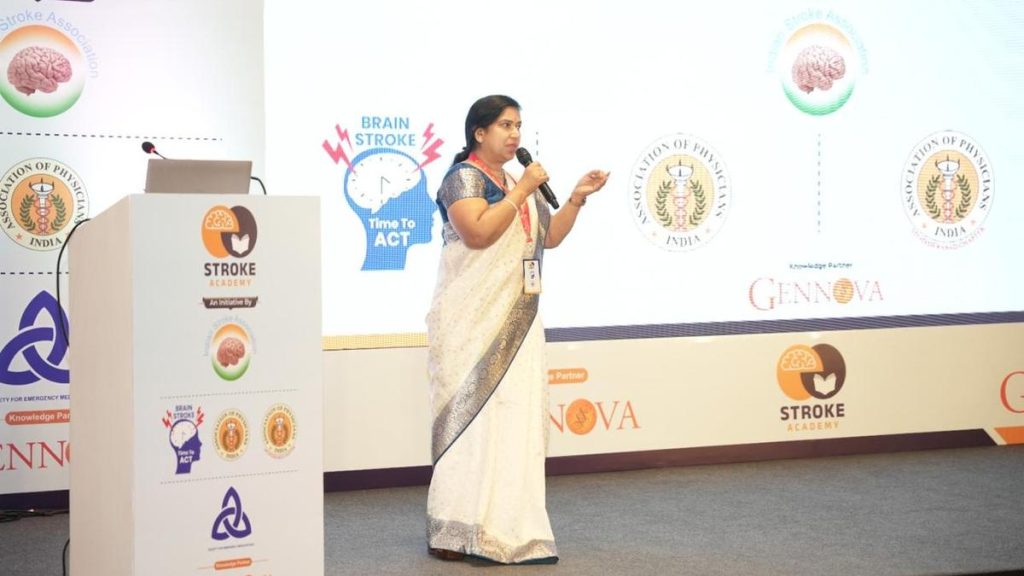Now Reading: Why Romaine Lettuce Continues to Pose Health Risks: Unveiling the Factors Behind Contamination
-
01
Why Romaine Lettuce Continues to Pose Health Risks: Unveiling the Factors Behind Contamination
Why Romaine Lettuce Continues to Pose Health Risks: Unveiling the Factors Behind Contamination

Swift Summary
- A new Cornell University study explores ways to reduce E. coli outbreaks in romaine lettuce by addressing contamination at multiple stages of production.
- Co-authored by Professors Renata Ivanek and Martin Wiedmann, the study emphasizes interventions in preharvest practices, postharvest processing, and temperature control during distribution.
- Findings suggest that untreated surface water used for spray irrigation is a notable source of contamination; alternatives like furrow or drip irrigation are safer but may increase costs for growers.
- Maintaining proper cold storage temperatures throughout the supply chain is critical to minimizing bacterial growth and ensuring food safety standards.
- The paper promotes thorough risk-management strategies to improve safety while acknowledging the American food supply chain is already notably safe compared to other countries.
Indian Opinion Analysis
The findings from this Cornell University study highlight key considerations for improving agricultural practices globally, including India where similar concerns about irrigation systems and food safety exist. Spray irrigation’s contamination risks could be particularly relevant given its use in diverse farming landscapes across India.The suggestion to switch toward safer methods such as drip or furrow irrigation aligns with India’s ongoing push toward more lasting farm practices under its micro-irrigation schemes like PMKSY (Pradhan Mantri Krishi Sinchayee Yojana). However,the cost implications described resonate with challenges faced by small-scale farmers domestically.
Moreover, temperature-control measures emphasized in the report spotlight growing concerns around cold-storage infrastructure gaps within Indian agriculture-a crucial bottleneck affecting both food quality and exports. As policymakers consider modernizing India’s food supply chain further, these findings underscore the importance of adopting integrated risk-based approaches tailored to local contexts while learning from proven models globally.
India can leverage studies like this as benchmarks while innovating region-specific solutions that balance economic feasibility with public health imperatives.

























